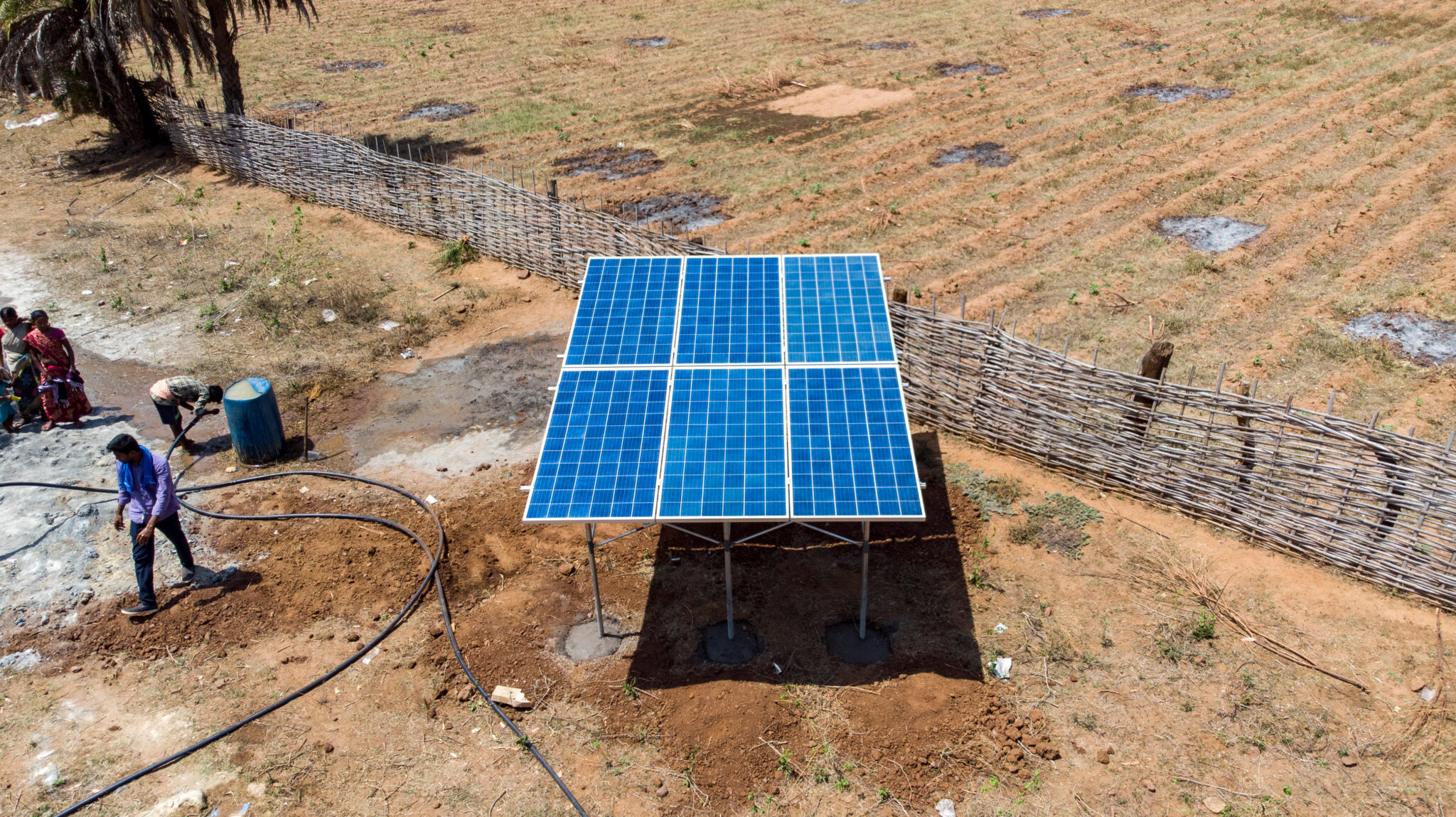A New Interdisciplinary Field: Development Engineering (DevEng)

Rural electrification in India. © Prabuddha – stock.adobe.com
Through the USAID-funded Development Impact Lab (DIL), Development Engineering has blossomed into a field with a master’s program, academic journal, textbook, and large community of academics, entrepreneurs, policymakers, and practitioners.
Despite the promise of technology-based solutions to global poverty, innovations incubated in a lab or in a high-income country often fail when introduced into a low-income setting. Innovations can address the wrong problem, ignore critical technical, cultural, or political constraints, or miss opportunities to build on important bodies of knowledge. Successful innovations, on the other hand, are demand-driven, highly sensitive to local constraints and opportunities, and integrate insights from diverse sectors, cultures, and teams.
In 2012, USAID’s Higher Education Solutions Network (HESN) made a long-term investment in sustainable solutions to poverty by helping to launch the Development Impact Lab (DIL) at UC Berkeley, co-managed by CEGA and the Blum Center for Developing Economies. This investment catalyzed the interdisciplinary field of Development Engineering (DevEng), which merges insights from academic social science and engineering disciplines and formalizes their application to poverty alleviation and economic growth. By integrating considerations of institutional gaps, market failures, cultural constraints, and behavioral biases into each stage of the innovation pipeline–from ideation and prototyping, to deployment, testing and scale-up–the DevEng approach sets up new technological solutions to poverty for long-term success. Several innovations supported by DIL–including those designed to remove arsenic from drinking water, extend cellular coverage to underserved areas, and reach rural clinics with solar power–have already demonstrated transformative impact at scale.
In addition to supporting research, DIL has made significant investments to formalize the DevEng ecosystem over the last ten years. Since 2016, a Designated Emphasis at UC Berkeley provides opportunities for PhD students in engineering, economics, and related disciplines to learn new methodologies, collaborate with diverse teams, consult diverse faculty, and network with members of a growing DevEng community. A Master of Development Engineering (MDevEng) degree program, launched in 2021 by the Blum Center for Developing Economies, prepares students for careers in social impact, social entrepreneurship, and sustainability. A textbook, expected in early 2022, will facilitate adoption of DevEng curricular programs as they scale to other institutions and countries, including in low- and middle-income countries (LMICs).
Meanwhile, an open access, interdisciplinary journal, Development Engineering: The Journal of Engineering in Economic Development, acts as a venue for publishing novel research that showcases the DevEng approach and makes findings accessible to a broad audience, including policymakers in LMICs.
Together, these efforts comprise a sustainable, interdisciplinary infrastructure with potential to extend to new universities and beyond. For example, in 2020, the DevEng textbook informed the creation of a new class at the University of Washington. DevEng’s continuing expansion highlights the potential for organizations like USAID to collaborate with universities to drive broad, impactful change in development practice.

